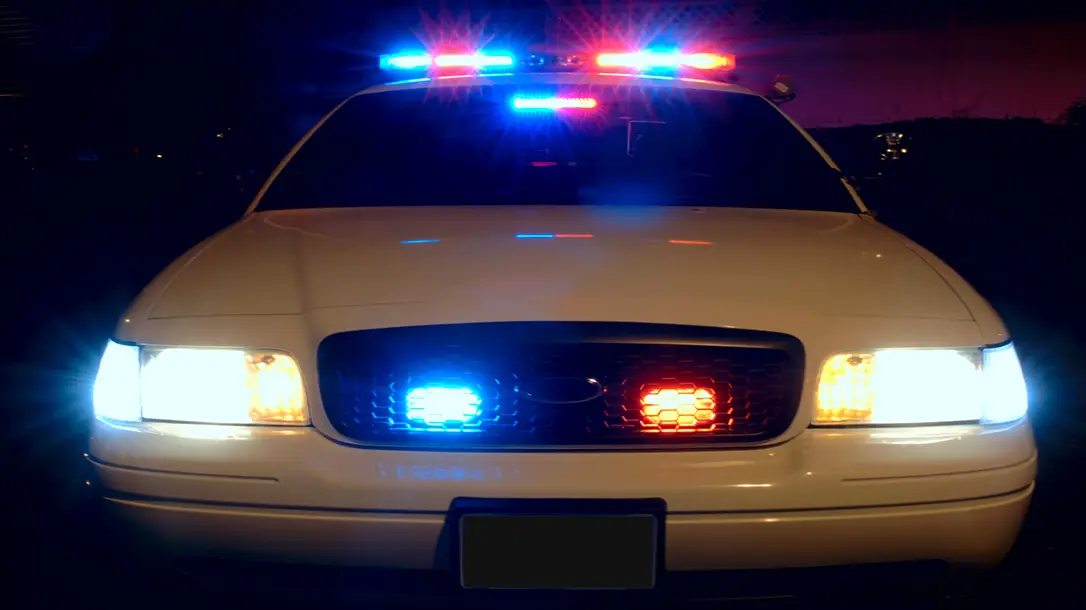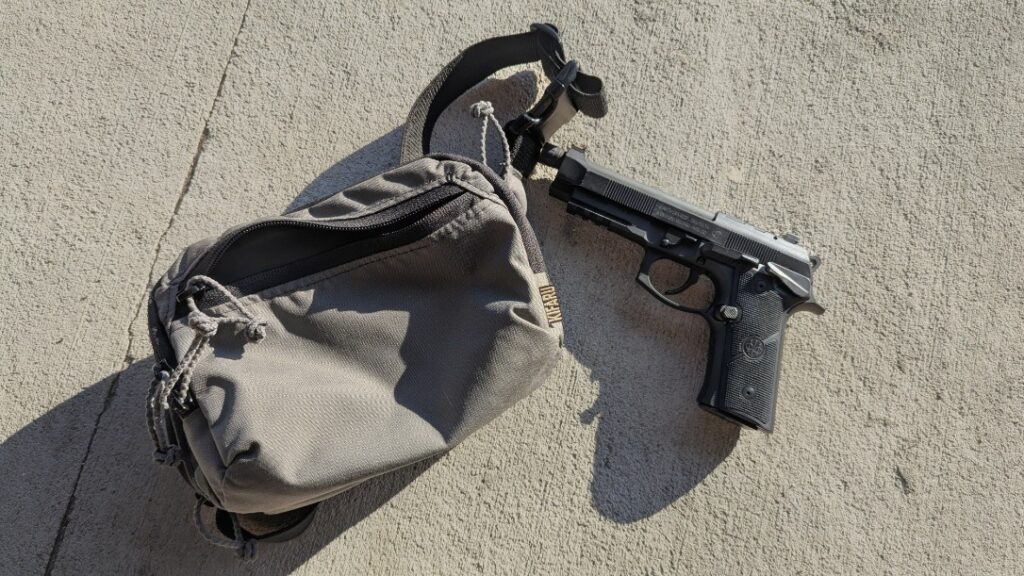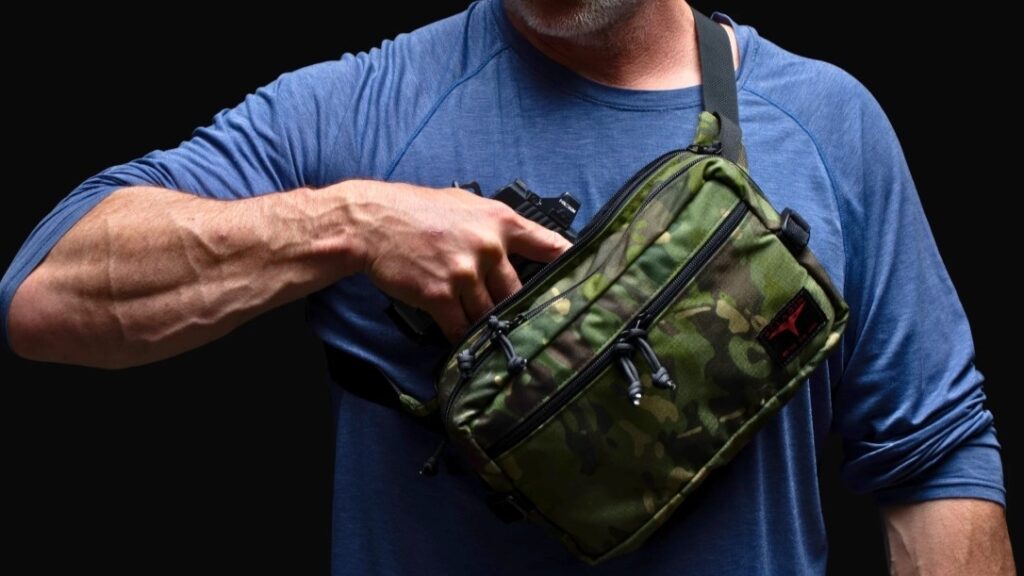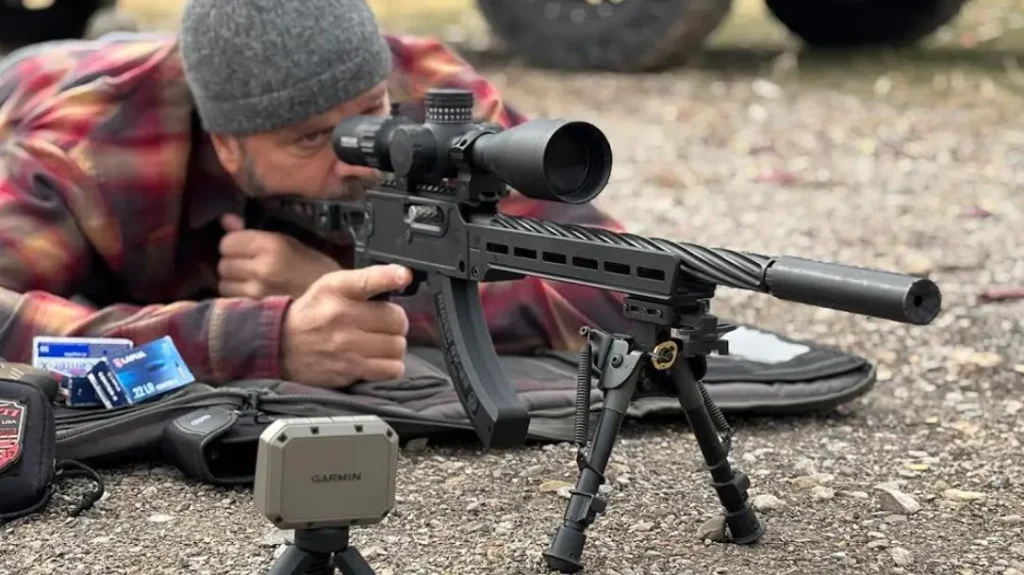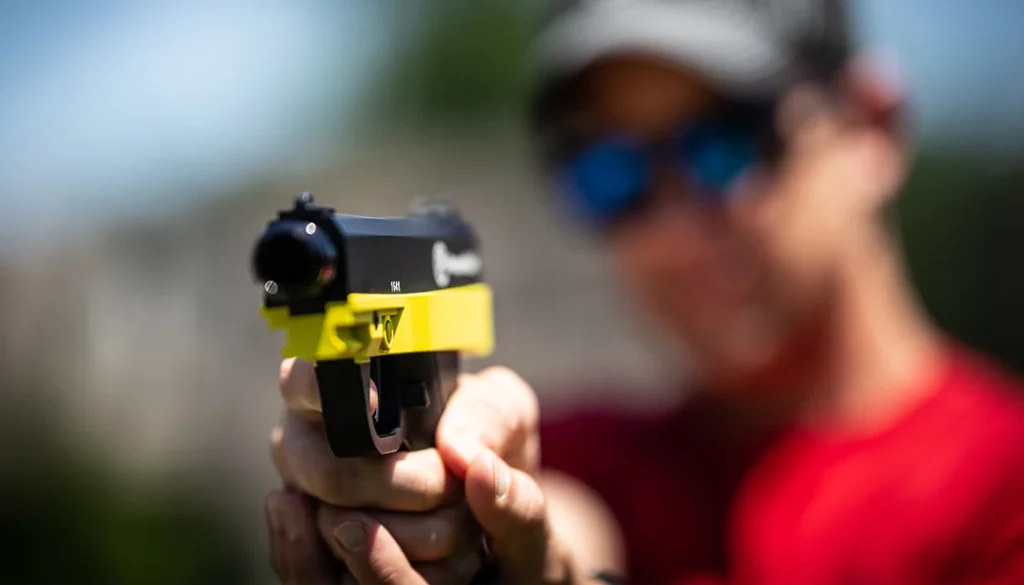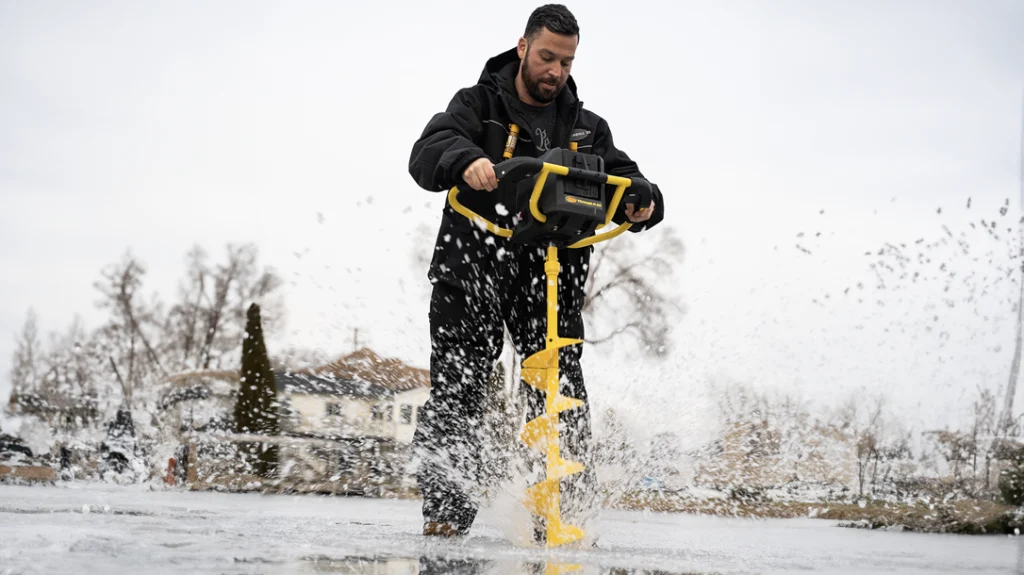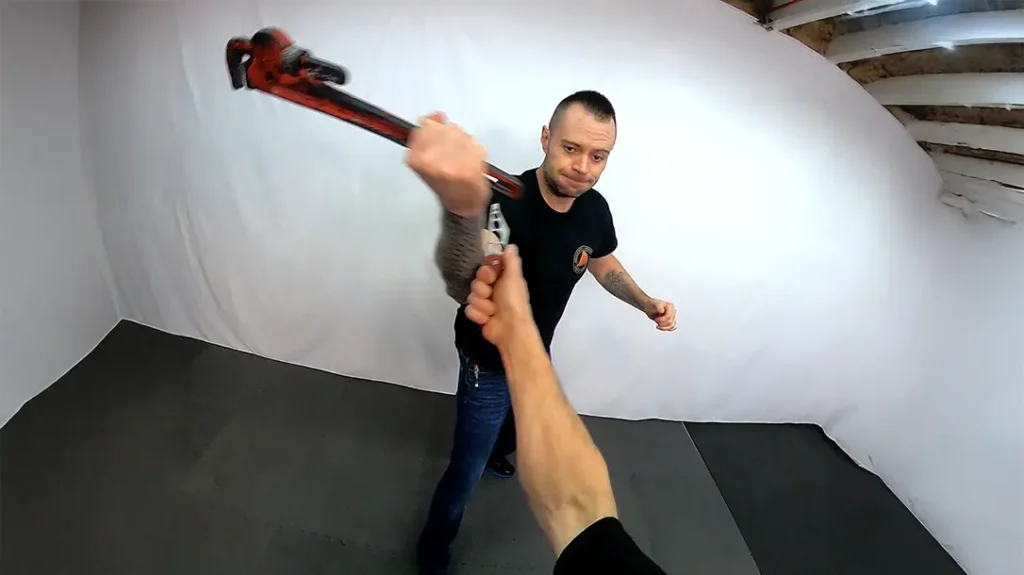More than 20 million motorists are pulled over annually in the United States for various reasons. While this is a normal occurrence for many drivers, it can be a frustrating and anxiety-inducing experience. Especially if you are someone who carries concealed while driving. To help limit stress and avoid overwhelming emotions, here are a few dos and don’ts gun owners should remember during a traffic stop while armed.
5 Things to Remember When Armed During a Traffic Stop
1. Know Your Gun Laws
Before you begin to carry concealed, educate yourself on your local and state firearm laws. One of these laws in particular is known as the “duty to inform” law. If you are carrying a firearm either on your person or within your vehicle and are stopped by law enforcement, this law requires you to disclose the whereabouts of your firearm to the officer as soon as possible.
However, it is important to recognize that this law varies from state to state. Some states, such as Tennessee and Florida, may require you to inform an officer only when asked. However, other states, such as Arizona and Montana, do not require you to disclose that you are carrying at all.
Advertisement — Continue Reading Below
Whatever the case, Failure to follow this legal requirement can range from a fine to a license suspension.
2. How to Properly Inform an Officer
When interacting with law enforcement and letting them know you are carrying, the words you use matter. It is highly recommended to avoid using the words “gun” and “weapon” altogether.
These are familiar terms we use on a day-to-day basis. However, law enforcement can view them as trigger words, which may put them on edge. Rather than say, “Officer, I have a gun,” try more neutral language like, “Officer, I am carrying concealed today.”
Advertisement — Continue Reading Below
Following this statement, disclose the location of your firearm and do not reach for or gesture towards your weapon. Once this information is given to the officer, you can then ask how they would like you to proceed.

Many officers will inform you to leave your firearm where it is and not to touch it. But depending on the situation, they may personally remove the pistol from you, or may ask you to remove it.
Advertisement — Continue Reading Below
Regardless of how the officer manages the traffic stop, you must follow instructions. Likewise, depending on the officer, they may want you to repeat the directions back to them.
3. Avoid Sudden Movements
From the moment you safely pull over to the side of the road, it is best to avoid sudden movements. While waiting for the officer to exit their vehicle and approach yours, sit still and keep your hands on your steering wheel at 10 & 2. This positioning allows them to see your hands at all times and ensure you do not reach for anything.
It may sound tempting, and even helpful, to rummage around for your license and registration before the officer approaches your window. However, this act could put the officer in defense mode.
Advertisement — Continue Reading Below
Remember, they do not know what you are reaching for, and in their minds, you could be grabbing a weapon. Instead, it is best to wait for the officer’s instruction and stay put in your seat.
4. Remain Cooperative
No one likes getting pulled over. Regardless of your feelings on the matter, it is your responsibility to stay calm and listen to the officers’ orders. Acting aggressively and choosing to argue is asking for trouble.
If you disagree with the reason for getting pulled over, the side of the road is not the place to justify your case. Instead, save the argument for court, with a lawyer present.
Advertisement — Continue Reading Below
5. Be Polite
Police officers deal with all types of people daily, including dangerous people with bad intentions. So, don’t take it personally if law enforcement doesn’t want to be all “buddy-buddy” with you during a traffic stop.
Remember, they have a job to do and do not know what your intentions are. What may seem like an innocent traffic stop to you could be deadly for the Officer. Give them some grace and be respectful.
Using your manners and looking the officer in the eye when speaking can go a long way to show you are willing to be cooperative and respectful. Plus, you never know, being polite may turn an officer’s decision to write a ticket into a verbal warning instead.
Advertisement — Continue Reading Below
Stress-Free Traffic Stops
By knowing your carry laws, always keeping your hands visible, listening to instructions, and remaining respectful, you can not only experience a quick and safe traffic stop but also leave the situation stress and anxiety-free.

